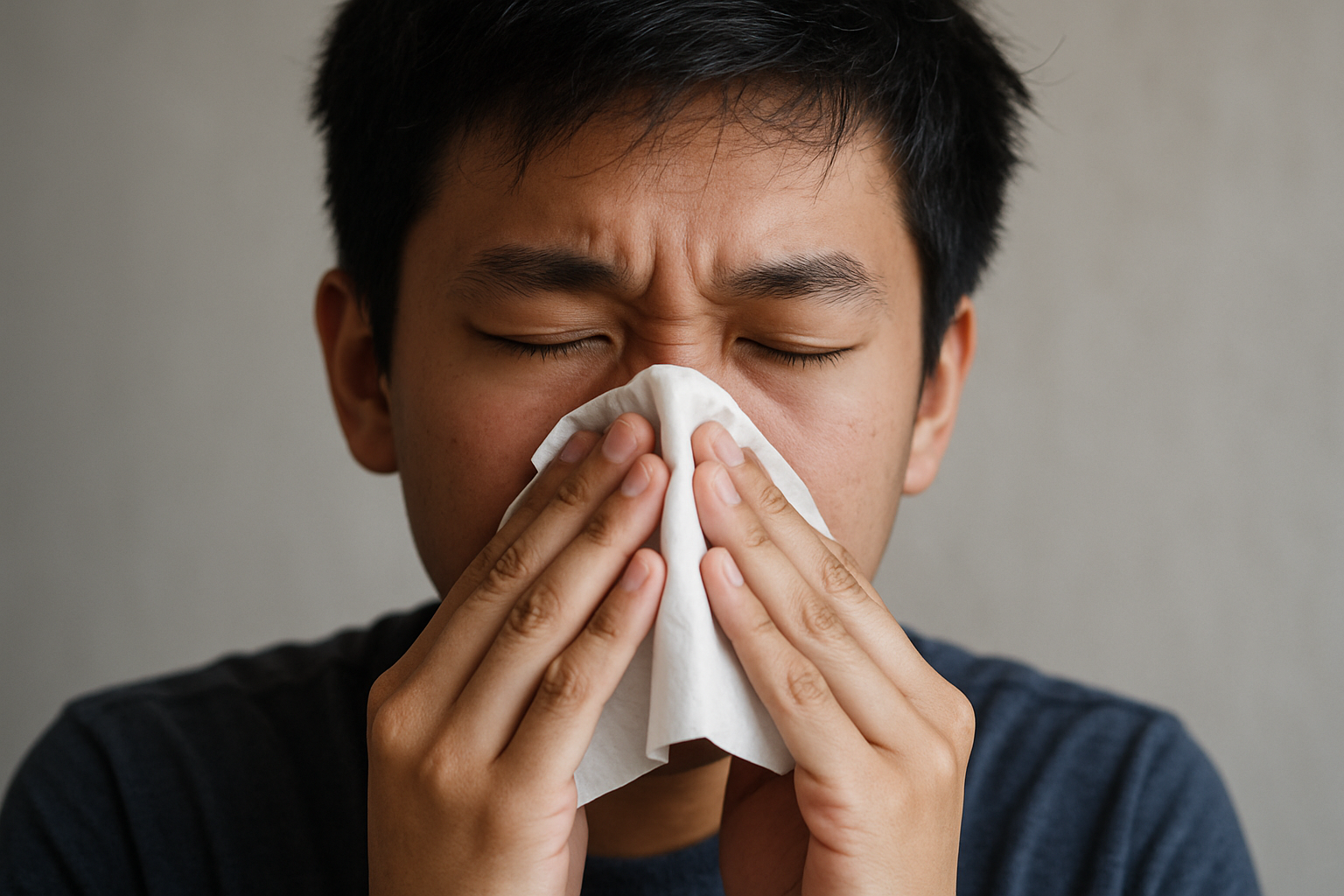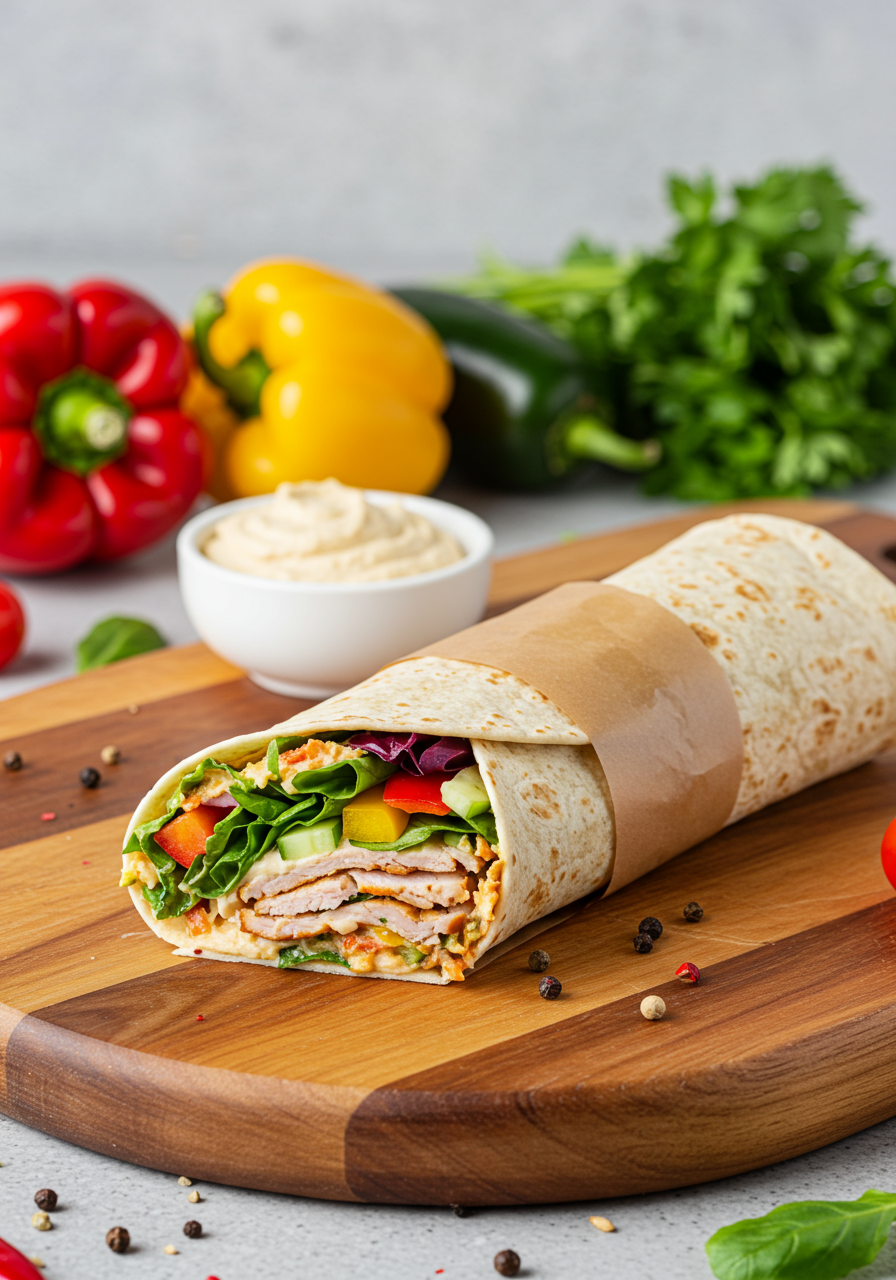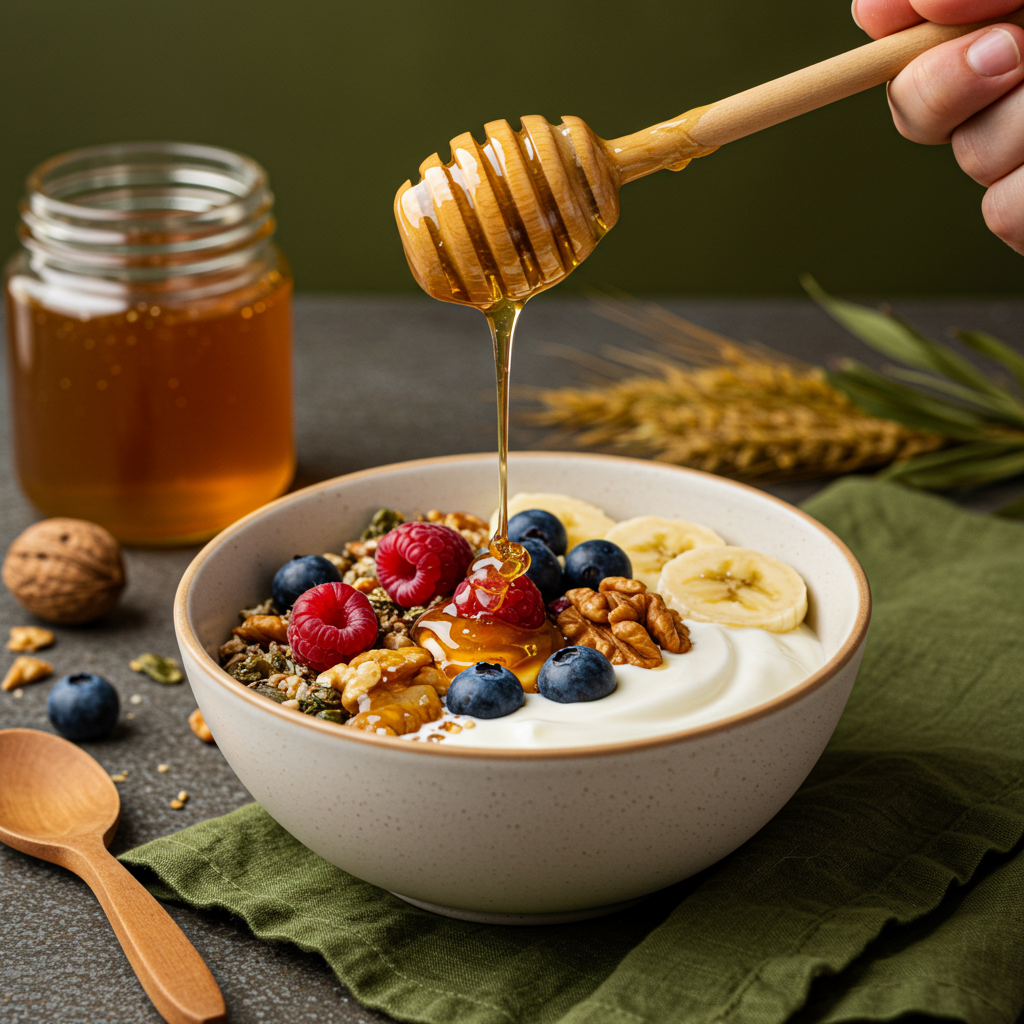what’s going on (and why it’s not “just you”)
Pollen (from trees, grass, weeds) can switch your immune system into overdrive—cue sneezing, runny/blocked nose, itchy eyes, tiredness, and concentration dips. It’s super common in teens and totally manageable with a few smart moves.
Check in with your parents or responsible adults on how you have treated symptoms in the past (if you've had them) as some things work better for you than others, and it may be a case of transitioning what you did in childhood into your daily routine, now that you take more control. You should also check in with them, if appropriate, relating to symptoms treatment and medication / GP visits before you undertake anything new or suggested below.
your two-week reset (tiny, on purpose)
week 1 — lower the pollen load
-
doors & windows: keep them shut on high-pollen days; use the car’s recirculate setting.
-
swap & rinse: change clothes and shower after being outside; pollen sticks to hair/skin.
-
eyes & nose shield: wear wraparound sunnies + a cap; dab a thin layer of petroleum jelly just inside nostrils to trap pollen.
-
saline reset: quick salt-water rinse (spray or neti) to clear allergens from your nose, then blow gently.
-
room basics: vacuum regularly (HEPA if you can), dust with a damp cloth, and wash bedding hot weekly.
week 1 — add symptom soothers
-
antihistamine 101: non-drowsy tablets/ liquids can help; follow the label and ask a pharmacist which suits you.
-
nasal sprays: if your nose is the main issue, a steroid (or combo steroid+antihistamine, via GP) used every day can be a game-changer. Technique matters.
-
eye help: preservative-free lubricating or antihistamine drops can calm itch and wateriness.
-
timing hack: check pollen forecasts and pre-treat before outdoor sport or exams.
school & study tweaks (because foggy brains happen)
-
seat smart: in class, sit away from open windows or fans pulling air in.
-
bag routine: keep a mini kit: tissues, saline spray, lip balm (for nostrils), eye drops, non-drowsy antihistamine.
-
focus snack: protein + water before revision; dehydration and sugar dips make symptoms feel louder.
sport & outside time (keep the fun, ditch the flare)
-
choose your moment: aim for after-rain sessions or lower-count times; windy, dry days are peak pollen.
-
post-play reset: shower + clothes change asap; pop saline spray after.
-
mask option: if you are really struggling, on very high-pollen days, a snug mask can help a bit - especially while cycling or walking to school.
micro-routines you can actually do
morning (under 2 mins)
-
Check pollen forecast → take prescribed/OTC meds if needed → sunglasses in bag.
after school (under 5 mins)
-
Change top → quick face/eye rinse → saline spray → water.
evening (under 10 mins)
-
Shower, wash hair if you were out → close windows → set tissues/meds for tomorrow.
myth-busting, fast
-
“I’ll just power through.” Untreated symptoms can mess with sleep, mood, and grades. Treating early is easier than fixing a flare.
-
“Sprays didn’t work for me.” Many need daily use for days to build effect. Check technique or ask a pharmacist/GP.
-
“Natural only, please.” Non-drug tools (saline, barrier balms, sunglasses, showering) help—but meds are safe when used as directed and can make life normal again.
when to get extra help
-
Symptoms that don’t budge after consistent OTC care.
-
Chest tightness, wheeze, or cough (especially if you have asthma).
-
Eye symptoms that are severe or affect vision.
A pharmacist can guide first steps; see your GP for persistent or severe issues.
tiny wins tracker
-
today I did: ☐ windows shut ☐ clothes change ☐ saline rinse ☐ sunnies/hat ☐ meds on time
-
one line: I felt ____ because ____.
-
tomorrow’s nudge: Before ____ I’ll ____ for 2 minutes.
you’ve got this
Allergy season is annoying, not undefeatable. Keep it small and steady. Adjust, don’t quit. And remember—feeling clear-headed isn’t a luxury; it’s your baseline.







Share:
4-7-8 Wind-Down: The One-Minute Sleep Switch
Box Breathing 4-4-4-4: A Tiny Hack to Calm Big Feelings